Hotels across Gran Canaria can once again open their doors to the public, under strict conditions, as part of Phase 1 of the de-escalation plan announced by the Spanish government. But how many establishments can really afford to open in the face of #Tourism0, no non-residents allowed and already 60 days of lost revenues? Anyone who does come to stay, cannot use the pool or any other common facilities. We are a long way away from any return to tourism norms.
Opening of hotels and tourist accommodation.
While the hotels and tourist accommodations that were suspended from their operations back on March 19, may now reopen to the public following the total economic shut down of Spain in the face of the global health crisis there are still many limitations to what they can allow and stark conditions that they must follow. Many are asking, why they might be opening at all after such catastrophic events having completely removed all of their income and bookings.
Though guests can now book a stay at a range of different establishments, the catering services and cafeterias of these accommodations must now apply strict rules on social distancing and cannot open their bars or restaurants to anyone not staying at the hotel. As with all bars and restaurants allowed to re-open across Spain, there must be a minimum 2m distance between clients, and a range of cleaning and disinfection protocols to help ensure no cross contamination can occur. All of their usual common areas will remain closed, it is only those who have outdoor seating on terraces and the like who can serve their customers.
These services will have to observe all the same sanitary measures and instructions set out in the latest laws announced for the protection of clients and staff and maintain interpersonal safety distances with no shared menus, condiments, table cloths or anything else that may endanger the next customer to arrive. And of course with only visitors staying at the accommodation allowed to be served.
Swimming pools, spas, gyms, mini clubs, children’s areas, discotheques, meeting rooms and all similar spaces that are not strictly essential for the client’s stay, will not be allowed.
Toilets for customers will need constant maintenance and disinfection throughout the day to comply with the new rules.
Areas that are not in use must be clearly identified with appropriate signage to show restricted access or total closure.
Information posters must be clearly displayed in all the most common languages of the clients staying, detailing the restrictive conditions for use of the facilities and the hygiene rules that must be observed in relation to the prevention of contagion.
Reception and concierge areas must guarantee the proper separation distance of at least two meters between workers and customers. If these safety distances cannot be maintained, PPE protective equipment, “appropriate to the level of risk”, should be used. All customer service points where crowds or specific queues are likely, must have spaces clearly marked on the ground so that the minimum distance of two meters between people can be easily respected.
All objects touched by the client or passed between workers must be disinfected using hydroalcoholic gels or virucidal disinfectants authorized and registered with the Ministry of Health, as well as all surfaces that come into contact with a client, or between differing members of staff. Disinfectant must be available and be provided.
All accommodation units must have a clearly documented cleaning procedure, in accordance with the general prevention and hygiene measures against COVID-19 indicated by the health authorities, including procedures for the replacement and removal of waste from the accommodation, if these services are offered. How rooms or apartments are cleaned and conditioned, prior to and following a client’s departure must be detailed, specifying each item to be cleaned in the unit, and listing the order in which it should be done, the materials and chemicals to be used, the protective equipment appropriate to the level of risk to be used in each task, and how the cleaning materials and products are to be processed after use.
Before opening the establishment, it will be necessary to clean all the facilities, each day, including transit areas, service areas, rooms, and apartments.
Every object and surface in the transit areas, that may be manipulated or contaminated by different people, including keypads for elevators or other machines, stairs handrails, door handles, doorbells, taps for shared sinks must all be cleaned and disinfected at least every two hours during their corresponding periods of use.
It must be guaranteed, at all times, that the client has been informed about the restrictive conditions that will apply to them and their use of the facilities. It must be guaranteed that the client knows, before confirmation of the reservation, and during their stay in the accommodation, in writing and in a language the client understands, each of the special rules that govern the establishment under the current situation.
Hotel or other tourist accommodation must make available to customers dispensers of hydroalcoholic gels or disinfectants with virucidal activity, authorized and registered by the Ministry of Health, at every entrance to the hotel or accommodation, which must always be able to be used and in good working order.

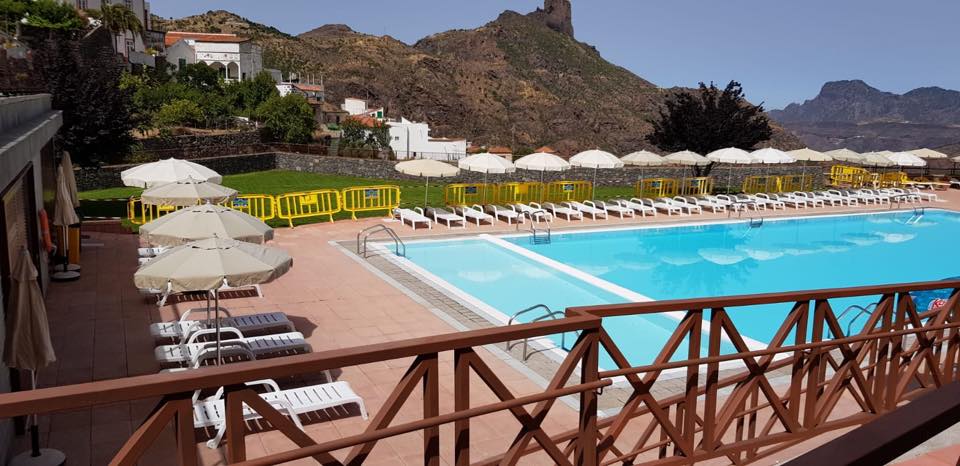






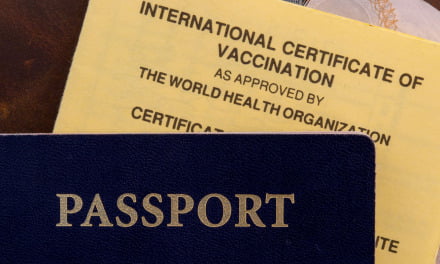
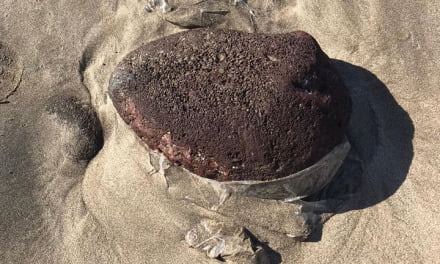
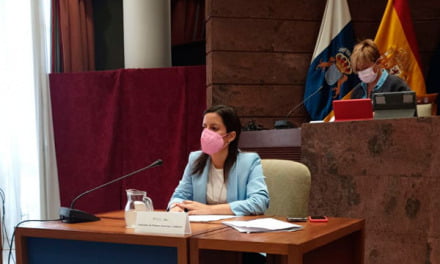
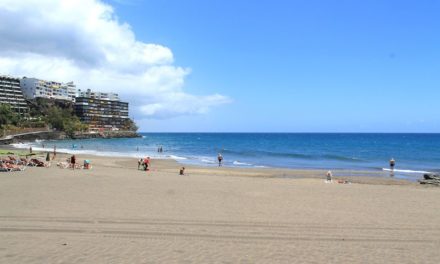


What is the chance that things will be sorted by October
Although I am writing this from Scotland, I don’t think this will be “sorted” this side of the year, never mind October.
I have 2 hols booked at same hotel in Gran Canaria last 2 weeks in August 5 of us ( 2 teenagers ) and 1st week in Oct 2 adults . Does anyone think the communal pool will be open ( or beach )